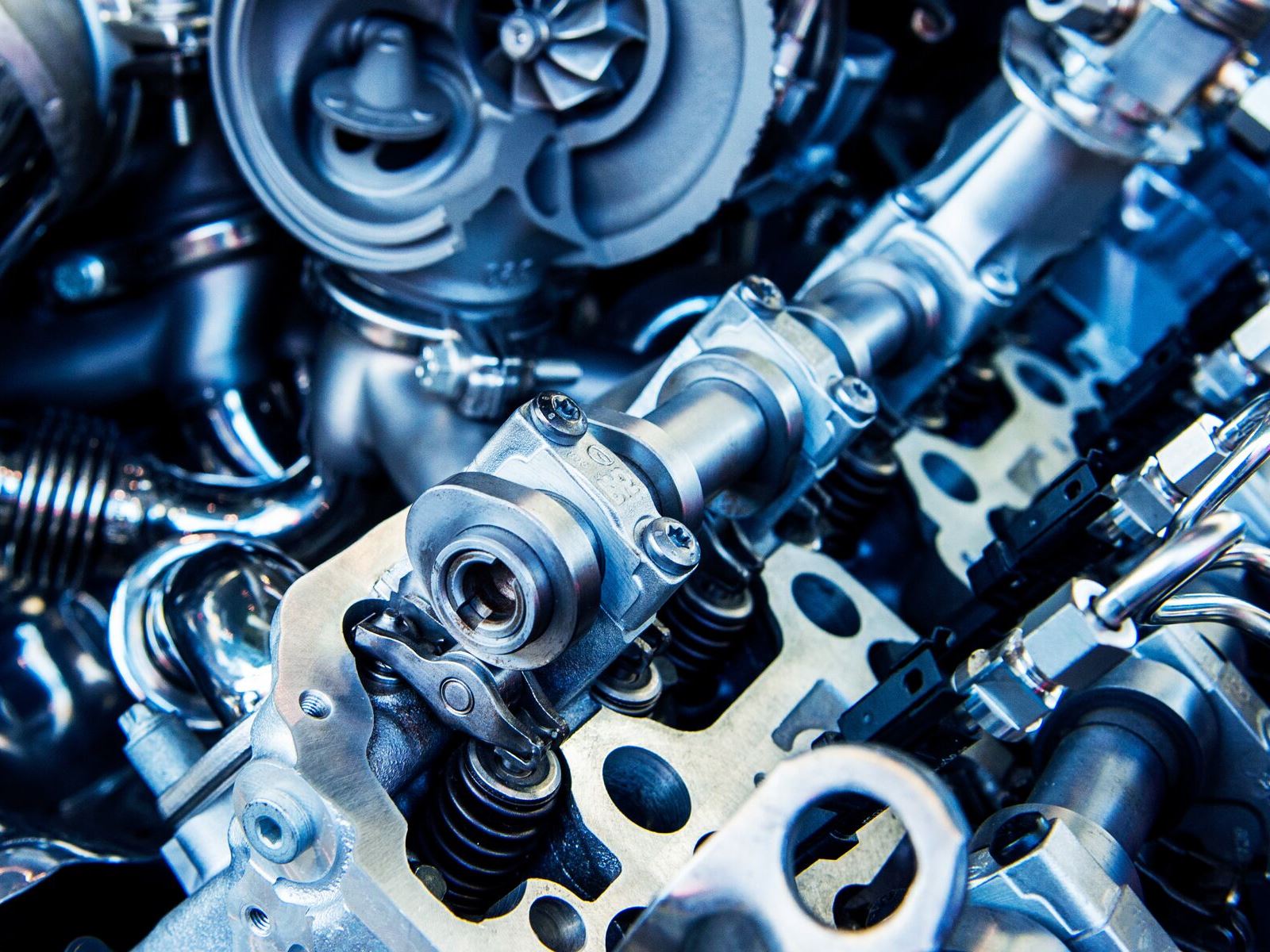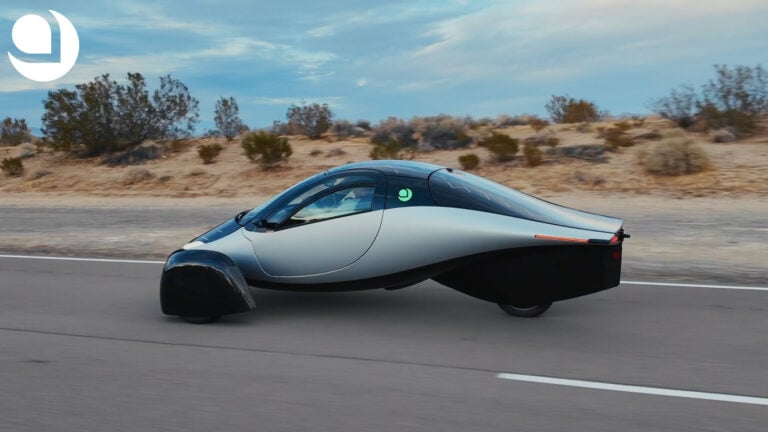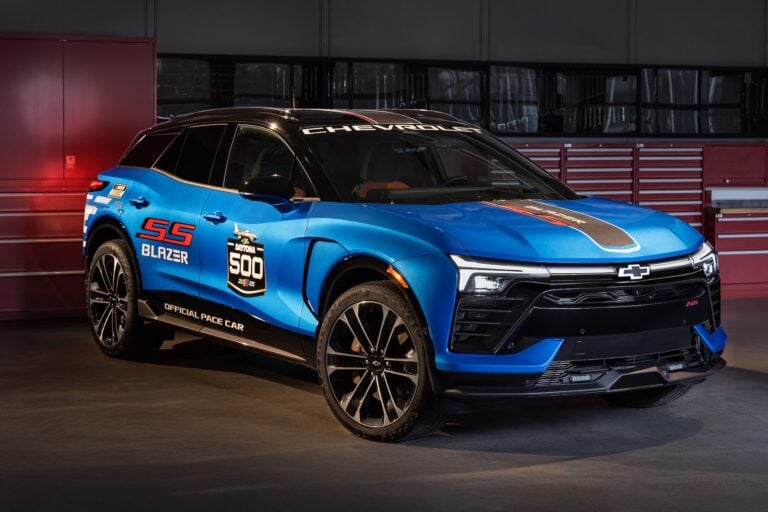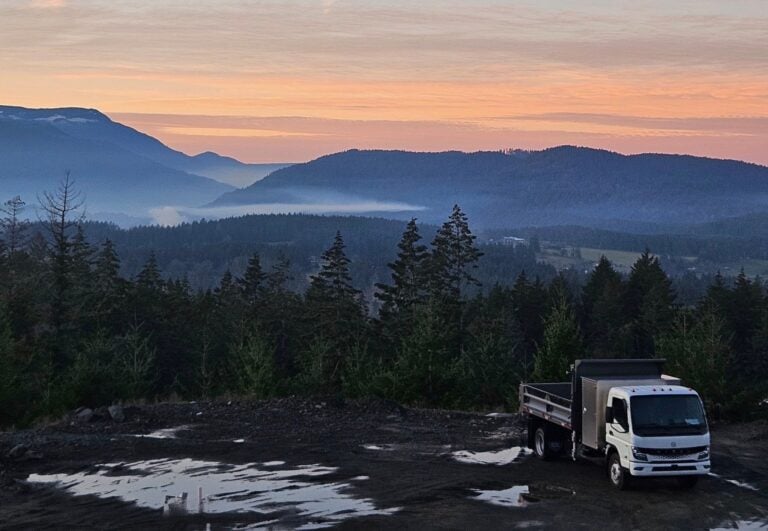Starting in 2035, the EU wants to toll the bell for the combustion engine by only permitting battery and fuel cell electric vehicles onto the European market. But it is not combustion engine technology that is the issue, but fossil fuels. VDMA, Europe’s largest mechanical engineering industry association, points out that the EU Commission’s goals for a phase-out of internal combustion engines (ICE) are the wrong path to go.
Frankfurt – The VDMA supports and calls for a competitive and climate-positive future for the internal combustion engine (ICE) as an actual technology path. The EU Commission’s strategies to exclusively allow battery and fuel cell electric vehicles on the European market from 2035 are the incorrect path in climate and innovation policy.
“Instead of effectively banning the combustion engine by limiting all tailpipe emissions to zero, all climate-friendly drive options should be used. The internal combustion engine powered by CO2-neutral, green eFuels remains a necessary complement to the electrification of road transport. After all, it is not the engine that is the problem, but the fossil fuels used to date,” says VDMA President Karl Haeusgen, evaluating the EU Commission’s proposal, which presently is discussed in the appropriate committees of the European Parliament.
Europe’s industrial power is at risk
The internal combustion engine also remains economically significant. The VDMA study “Drive Systems in Transition III” estimated a net loss of 160,000 jobs in the powertrain value chain alone for the plan that no more internal combustion engines are registered in Europe after 2040. This figure is likely to be far more significant for the labor market if the ban is brought forward by five years.
“It is true that new jobs will be created in the upstream processes of the supply chain, for example in the processing of materials for battery cells and in the charging infrastructure environment. But this is not happening at the same time and nowhere near the same amount. The new jobs are not interchangeable with those lost,” Haeusgen explains.
The VDMA also sees Europe’s industrial force at risk with a legally enforced quick phase-out of the internal combustion engine.
“The EU would give up its technological and industrial leadership role in the internal combustion engine in favor of other regions that adhere to technological openness,” emphasizes Hartmut Rauen, deputy managing director at VDMA. “A greater diversity of climate-neutral drive technologies, on the other hand, reduces dependence on scarce raw material imports and increases economic resilience.”
In addition, the scalability of automotive eFuel applications is essential to foster climate-friendly drive technologies in other applications, such as construction machinery, agricultural machinery, municipal vehicles or the transportation sector, Rauen adds. “Even in the existing fleet, it will not be possible without eFuels. We therefore support a technology-open implementation of fleet regulation that includes a voluntary crediting mechanism for sustainable, renewable fuels. Such a mechanism is on the table and could be implemented quickly as part of the Fit-for-55 legislative process,” Rauen concludes.








